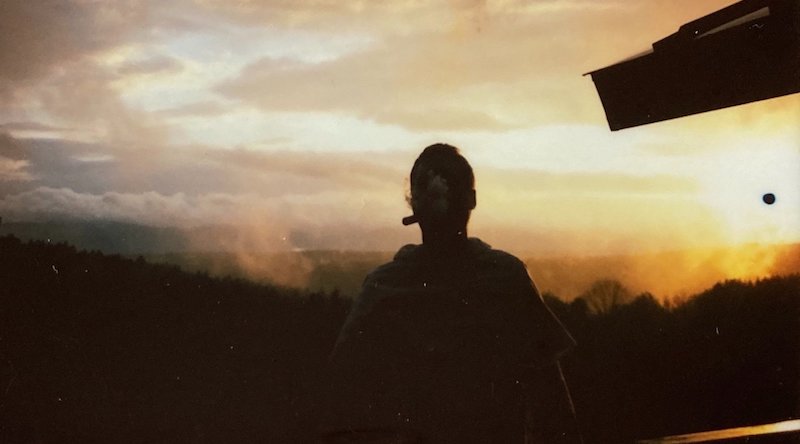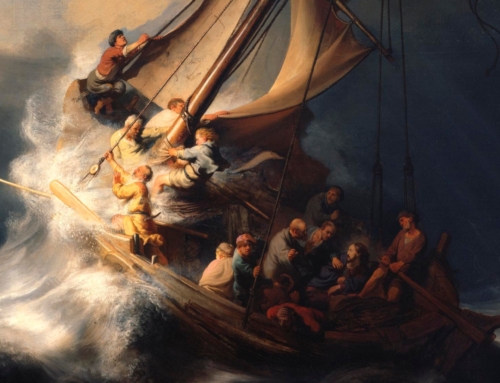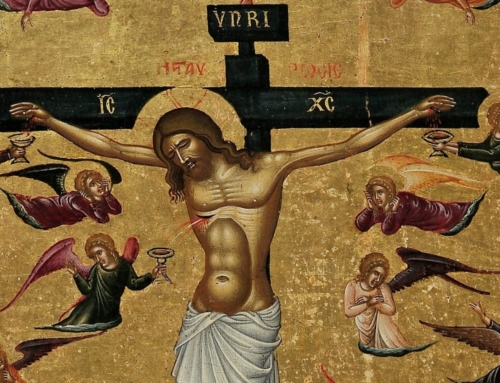2024 Summer Listening Recommendations:
Marigold by The Hillbilly Thomists
Bluegrass is prophetic. Like Isaiah, it’s the song of the man of sorrows. Like Moses, it brings us to the desert as wayfarers far from home. It’s the music of a wanderer driven forward by his woes. And yet its driving energy reminds us that through the light of Christ, heaven’s breaking down the doors. The Hillbilly Thomists continue to embrace these contradictions in Marigold, their fourth studio album.
Marigold is an acquired taste. It’s raw. At times it’s just plain weird—and rightly so. The prophets, strangely clothed and seldom bathed, are signs of contradiction, whose lives preach as loud as their words. Each track is like a voice crying in the wilderness, shocking us with hope, while melodies sweet like locust and honey conceal lyrical reminders of our vale of tears.
Marigold is no road trip to Beatitude, it’s an Exodus—an exit and a return. God’s prophets might strike out at the future, but one eye is always set on the past. They remind us who made us and who saved us. But first, out on the desert road, we must forget a home we thought we knew. The album opens with the wise folly of “Justify You.” It contradicts the world by exposing the world’s contradictions. “Don’t Take it Back” is a full-throated cry directing us home. Its driving, outlaw sound is an earthquake that wakes us from our comfort and raises some questions.
“What is this fire and what is this bread that you’re feeding me with?”
It takes us out to the desert where our hunger drives us forward. A hunger that reminds us who feeds us. Forget Babylon, forget Egypt, we’re Cannan bound. Our home is unlike Egypt, it’s a land where we trade toil for trust, a land “which drinks water by the rain from heaven,” rather than our own hands (Deut 11:10–12).
Over the course of the album, the earthquake and the fire give way to a still small voice. Pay attention to what the prophet says as much as the way he says it. The softer tracks might lull you, but they’re just as bracing. They sing of our hardships that prepare the way of the Lord. “Amos” sweetly intrudes to awaken us to new life. Like the eponymous prophet, it invokes the destruction that precedes new life, while pointing to the starlit night as darkness turns to daylight. “Jonah,” the minor prophet in a minor key, is prompted by a fire that haunts his steps, not a pillar of cloud but the Lord’s pursuit.
Mixed in with songs of longing are a series of lighter tracks, with lyrics and hooks that don’t take themselves too seriously. “When We All Get Together” weaves freely between the Prodigal Son’s departure and return, a joyous reminder of heaven’s intrusion. “Heavenly Land” has us “Singing with the angels in their favorite key,” laughing at the world’s frustrations and the heathen’s wrathful vanity (see Ps 2). “Standing in the Light” wipes away all tears—sin’s darkness shut out by conversion’s brilliance. These songs proclaim what the prophets only whispered: the hope of Christ.
The album is steeped in the hope of Christ—but, like Moses, we see only the back of God’s head (Exod 33:24). Each track points to our need for salvation, and yet only one track invokes the name of Jesus: the English traditional “Christ Has a Garden.” Sweet and soft, the hymn expresses contemplative joy, our rest in the Lord who has called us to remain in his love (John 15:9). Christ’s garden surpasses Cannan. The new Eden is not a return to an old home, it is Christ. The prophets’ message is a refuge in a land of sin and death, but it is Christ alone who brings new life.
Marigold uses the many and varied fragments of our sorrows and joys to hint at Christ, and yet the album ends with an open question. “What Did I Do to You” is a melancholic reflection on the demands of a Christian in the face of unmerited salvation. Here the burning tongue of Isaiah and the smoldering complaints of Jeremiah meet the hard rain of The Freewheelin’ Bob Dylan. The extended meditation ends with hearts still burning and ears still ringing. Like the prophets, Marigold points to something more than itself. It’s a set list for the Exodus, spurning us with questions when we’d rather rest, inspiring hope as we walk with weary feet, a voice crying in the wilderness to prepare us for God’s mercy and love.
—
Marigold is now available for streaming and on CD. As a prophetic call to a better home, Marigold is now available on vinyl. You can also find The Hillbilly Thomists on The Marigold Tour. Details and tickets are available here.
As always, proceeds from album sales, donations, and merchandise provide support to the formation of friars at the Dominican House of Studies in Washington, D.C., where the Hillbilly Thomists first formed.
✠
Photograph from The Hillbilly Thomists







